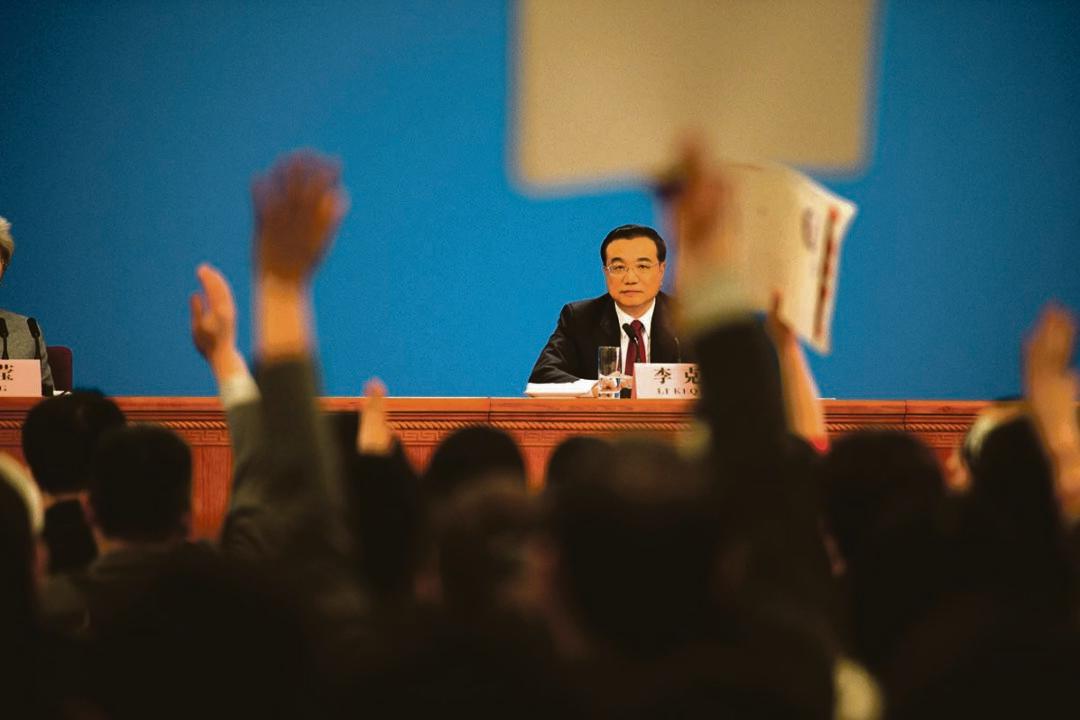Strikes and protests over unpaid salaries broke out throughout mainland China during the period of the Two Sessions, the annual political meetings of the Chinese regime’s National People’s Congress (NPC) and Chinese People’s Political Consultative Conference (CPPCC).
The unrest was triggered by the slowing of China’s economy and the Chinese Communist Party’s (CCP) announcement that 1.8 million redundant workers in the coal and steel industries would be laid off.
During the Two Sessions, tens of thousands of angry employees from the state-owned Longmay Mining Group, the biggest coal enterprise in Heilongjiang Province, staged protests for several days over unpaid wages.
Around 1,000 workers of the largest steelworks in Jilin Province also rallied over unpaid salaries.
According to Hong Kong’s China Labour Bulletin’s statistics, Chinese workers’ strikes and protests in 2015 amounted to nearly 2,800, a figure twice as high as in 2014 and 14 times higher than in 2011. According to statistics, 704 group protests occurred in the first two months of 2016, exceeding the sum of all protests in 2013.
The Two Sessions officially closed on March 16. In the press conference, the regime’s Premier Li Keqiang answered some questions raised by overseas media.
Most of the questions focused on China’s economic risks and problems, such as how to maintain the economic growth rate of 6.5 percent and how to defuse the impact of the unemployment tide on society.
In the press conference, which lasted for more than two hours, nine Chinese media, six overseas media, and two Hong Kong and Taiwanese media had the opportunity to raise a question.
Reuters was selected to be the first one. A Reuters journalist asked Li Keqiang about the recent volatility in China’s stock and currency markets, which has drawn close attention from international investors.
Li replied, “You’ve had the first opportunity to ask a question, and you made your question all about the financial sector. … The truth is, the dysfunctional real economy presents the largest risk to the financial markets.”
Li said the government adopted a series of steps last year, including interest rate cuts and targeted reductions of banks’ reserve requirement ratio, but these were not quantitative easing measures. He said that financial institutions should support the real economy.




